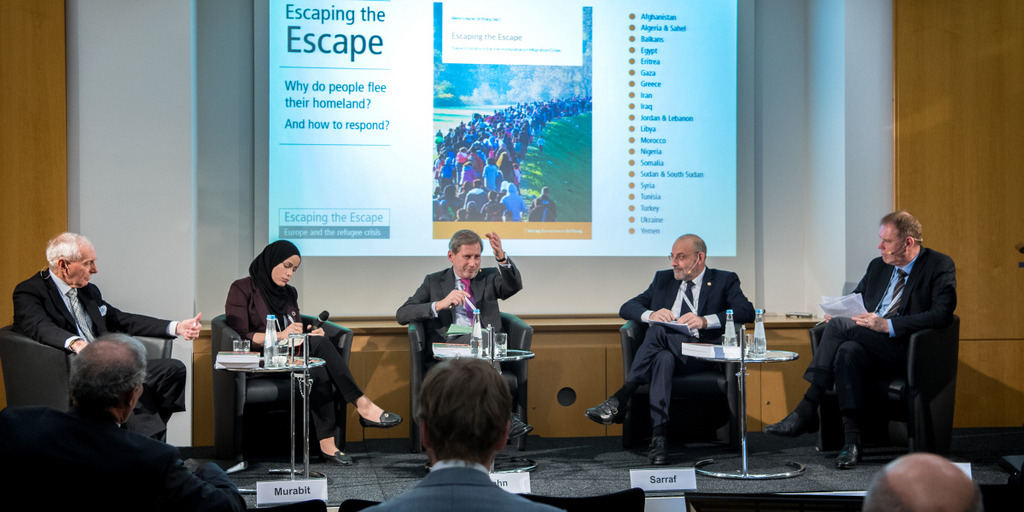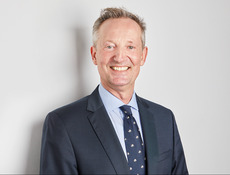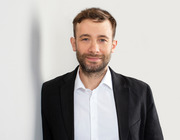According to figures released by the United Nations, there were over 65 million displaced persons in 2015. Since, in addition, more and more people have left areas subject to armed conflict and made their way to Europe, a heated debate within the EU over how to respond to the influx has started. Yet why do people leave their native country to begin with and head off to an uncertain future? What are living conditions like in the refugees' home countries and how can we respond to the situation there? Aart De Geus, our Chairman and CEO, discussed these issues with Johannes Hahn, EU Commissioner for European Neighbourhood Policy, Alaa Murabit, founder of the NGO "Voice of Libyan Women", Lebanese minister of defence Yacoub Sarraf and William Swing, director general of the International Organization for Migration.
The panellists agreed that the EU had to find a common answer to the question of how to deal with refugees in Europe. Yet action was needed not only here but already in the source countries: the international community was urgently prompted to end war and displacement there and also support initiatives for education and labor so that people could find a perspective for decent living at home. Dividing the burden in solidarity among the 28 EU member states was equally important.





